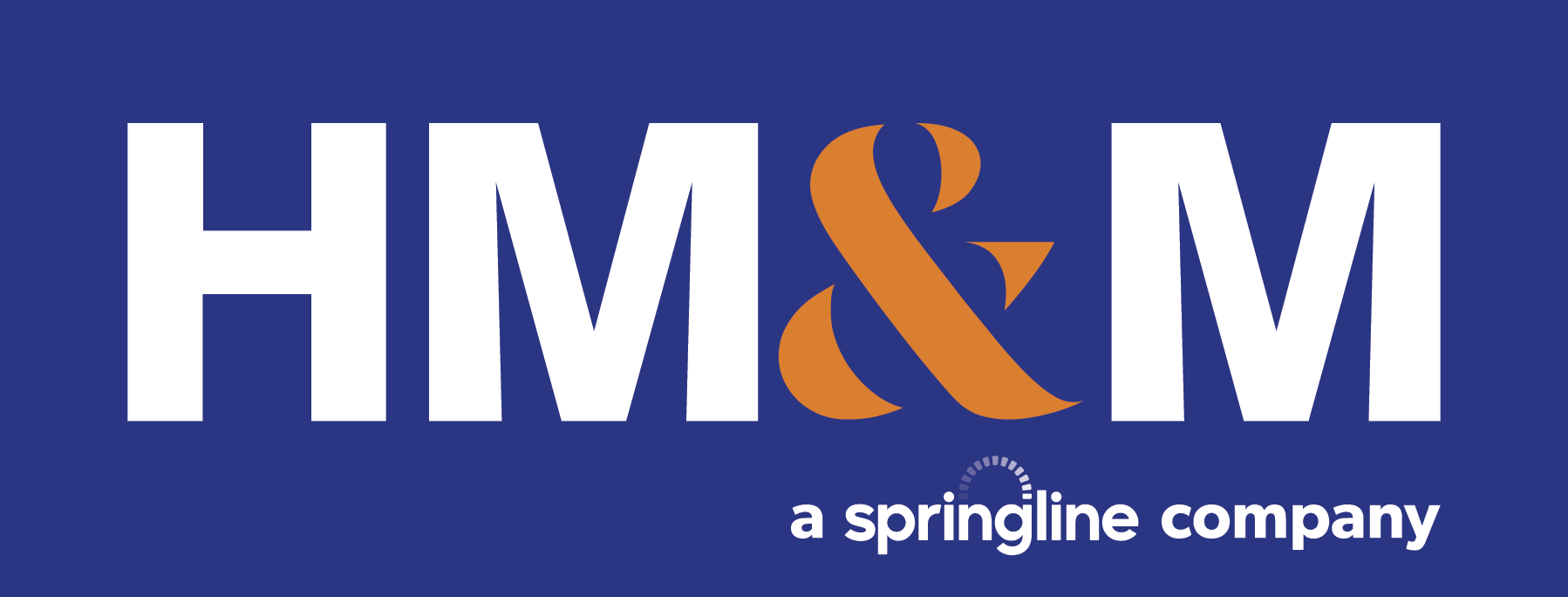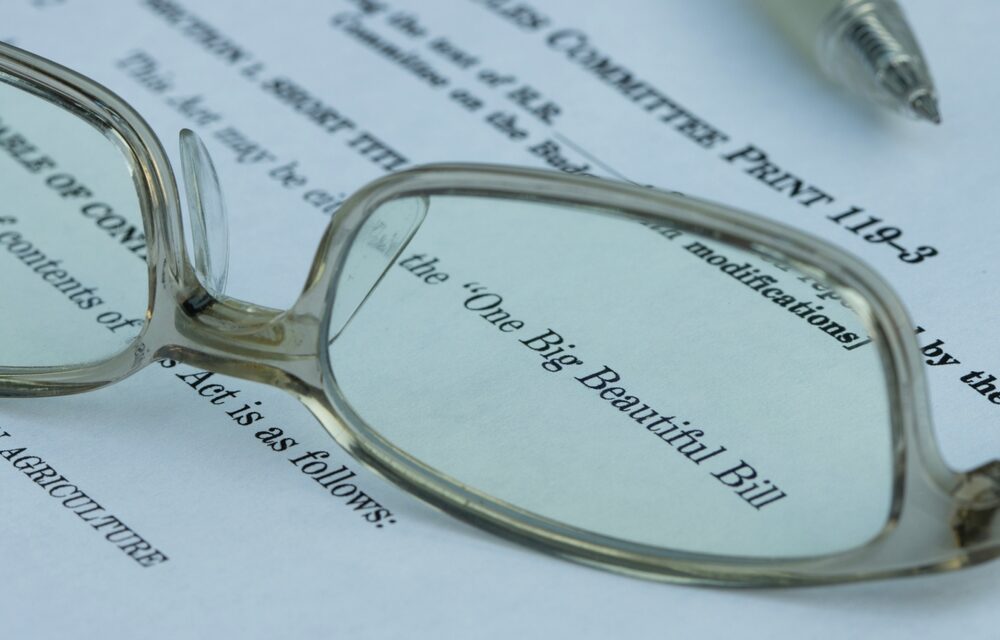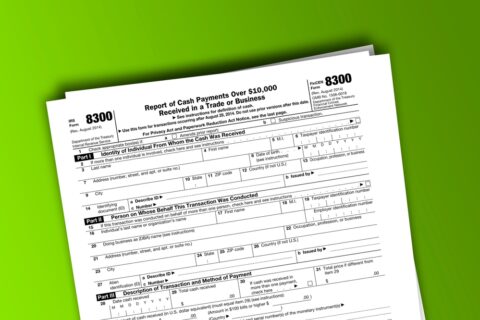The One Big Beautiful Bill Act (OBBBA), which was enacted on July 4, 2025, is filled with favorable tax provisions for businesses. It makes permanent or extends many tax breaks that had already expired or that had been scheduled to expire at the end of the year and creates some new ones. But it also ends clean energy tax breaks that have been beneficial to some businesses. Here’s an overview of some key business tax provisions in the new law.
First-year depreciation
Under the Tax Cuts and Jobs Act (TCJA), the first-year bonus depreciation percentage rate began dropping by 20 percentage points every year starting in 2023 and was scheduled to zero out in 2027. Before the OBBBA, 40% first-year bonus depreciation could be claimed for qualified assets placed in service in 2025.
The OBBBA permanently increases the bonus depreciation percentage to 100% for the cost of qualified new and used assets acquired and placed in service after January 19, 2025. Examples of assets that may qualify for bonus depreciation are:
- Computer systems and software,
- Office furniture,
- Certain vehicles, and
- Qualified improvement property.
Additionally, the OBBBA creates a 100% deduction for the cost of “qualified production property” placed in service after July 4, 2025, and before 2031.
The law also doubles the Section 179 expensing limit for the purchase of new and used eligible assets in the year they’re placed in service, to $2.5 million for 2025. And it raises the Sec. 179 phaseout threshold to $4 million for 2025 (from $3.13 million before the OBBBA). Both amounts will be adjusted annually for inflation after 2025.
QBI deduction
The OBBBA makes permanent the Section 199A deduction for qualified business income (QBI) for owners of pass-through entities (such as partnerships, S corporations and, usually, limited liability companies) and sole proprietorships.
Under the TCJA, the deduction had been scheduled to expire after 2025. The OBBBA keeps the deduction at 20% of QBI, but it expands the phase-in ranges for certain income-based limits on the deduction beginning in 2026. The law also introduces an inflation-adjusted minimum QBI deduction of $400 for taxpayers with at least $1,000 of QBI from one or more active businesses in which they materially participate.
R&E expense deduction
Starting in 2022, the TCJA required businesses to amortize Section 174 research and experimentation (R&E) costs over five years if incurred in the United States or 15 years if incurred outside the country. This provision applied a mid-year convention that stretched deductions over six years.
The OBBBA permanently allows the immediate deduction of domestic R&E expenses, beginning with the 2025 tax year. However, foreign R&E expenses still must be amortized over 15 years.
The new law permits “small businesses” (those with average annual gross receipts of $31 million or less) to file amended returns to claim R&E deductions retroactively for 2022, 2023 and 2024. Regardless of size, businesses that incurred domestic R&E expenses in 2022 through 2024 can elect to accelerate the remaining deductions for those expenditures over a one- or two-year period.
Termination of clean-energy tax incentives
Not all of the OBBBA provisions are favorable. The law terminates a host of clean-energy business tax incentives, including:
- The qualified commercial clean vehicle credit, effective after September 30, 2025,
- The alternative fuel vehicle refueling property credit, effective after June 30, 2026,
- The energy-efficient commercial buildings deduction, effective for property whose construction begins after June 30, 2026,
- The new energy-efficient home credit, effective for homes sold or rented after June 30, 2026, and
- The clean hydrogen production credit, effective after December 31, 2027.
Plan ahead with confidence
The OBBBA helps resolve tax planning uncertainty that business owners were experiencing. Contact us to discuss the full range of tax provisions covered by the sweeping law. We can help you optimize any extended or new provisions that are relevant to your situation and reduce your tax obligations for 2025 and beyond.
Latest News
On June 9, the IRS released Announcement 2022-13, which modifies Notice 2022-3, by revising the optional standard mileage ...
At the tail end of 2021, the Internal Revenue Service (IRS) released new Schedules K-2 and K-3 effective ...
This information is current as of Sunday, November 21, 2021. On Friday, November 19, 2021, after the Congressional ...
HM&M Updates
Dallas, TX – Aug. 7, 2024 – HM&M, a Springline company (HM&M), a leading CPA firm with four ...
DALLAS, Dec. 11, 2024 – Springline Advisory, a trailblazing financial and business advisory firm, is proud to announce its partnership ...
Last month, Senior Manager, Pearl Balsara was invited to speak at the 2023 FPA DFW Annual Conference in ...










